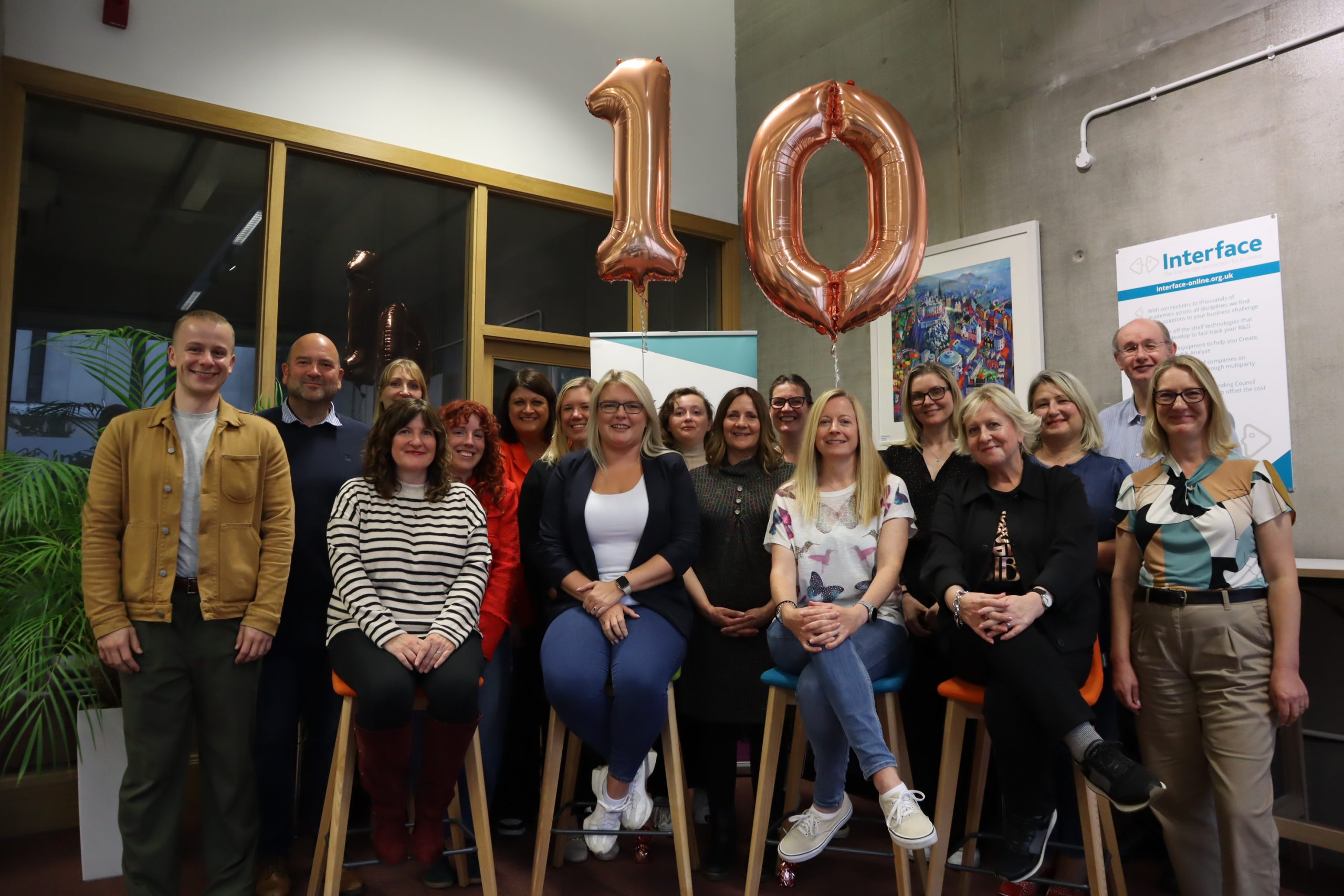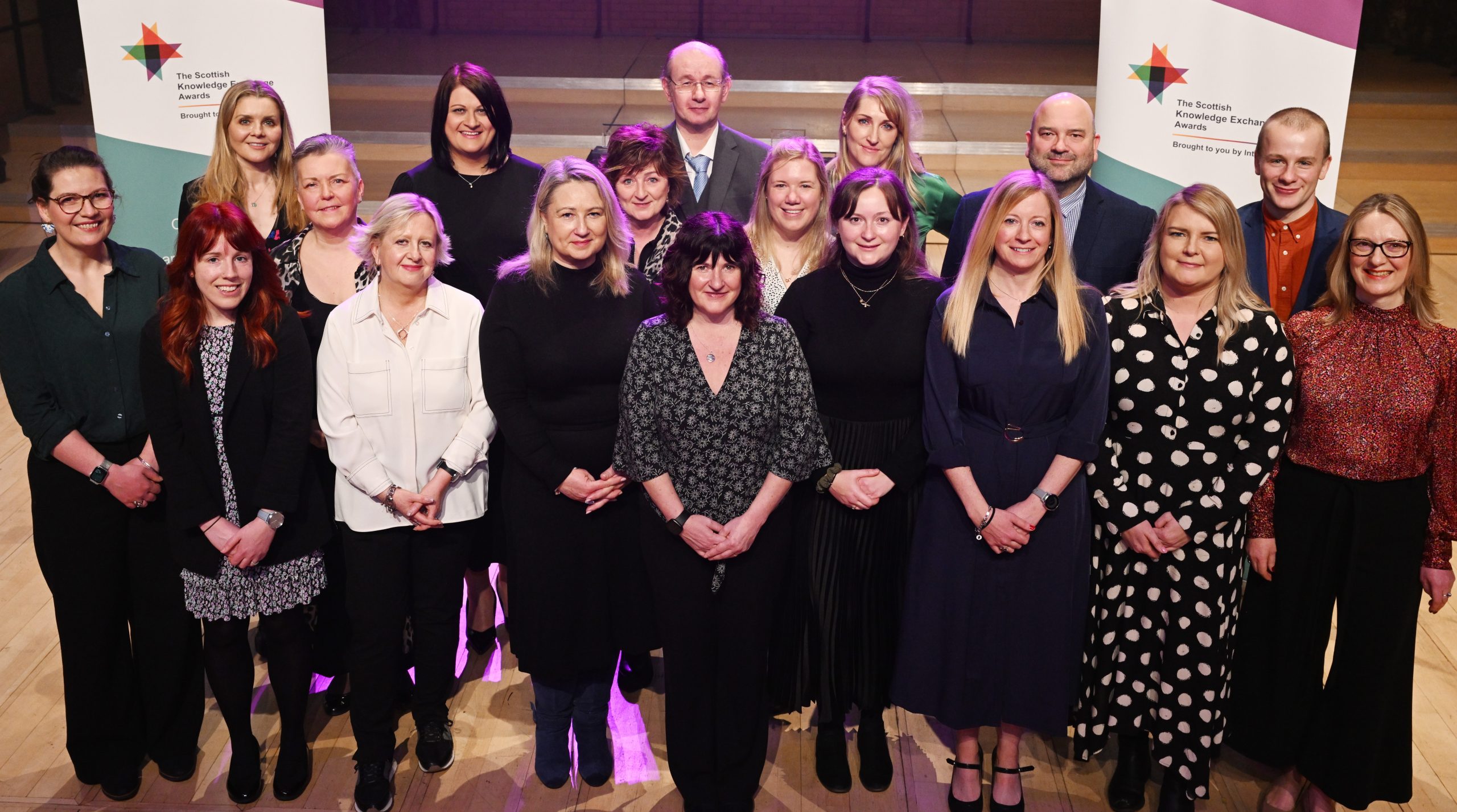Post
Small changes = big differences

By Suzy Powell, PR & Communications Executive, Interface.
Photo by Alan Pratt, Interface.
Climate change, net zero, energy consumption, the cost-of-living crisis – the news headlines these days are enough to make us all want to stick our heads in the sand and hope these issues just go away.
But if ever we needed a reminder, the recent record-breaking temperatures across the UK and Europe served as a very sharp wake-up call that doing nothing to reverse our impact on the changing climate is not an option.
The Scottish Government has set a target date for net zero emissions of all greenhouse gases by 2045. A key part of its strategy is delivering a just transition, by working with communities, business, industry and the people of Scotland to plan for a net zero future.
With the Interface mission of enabling business-academic collaborations for economic and societal benefit, the service it delivers and the collaborations it brokers have a pivotal role to play in tackling climate change challenges. We have access to hundreds of academic experts and specialist facilities which can positively contribute to the Scottish Government’s net zero carbon emission objectives.
Before sitting down to write this, I put the kettle on (filled 25% full of water), and watching my new Smart Meter flick to “red” energy use, I pondered what else I could be doing day-to-day to use less of earth’s resources (which would also save a little on the household budget). It’s the little action which can make a difference, after all.
Through my role at Interface, I have seen the inroads being made by some of Scotland’s small and medium sized businesses to tackle what seem like impossible challenges. In fact, between January and April this year, 58% of projects brokered by Interface were helping businesses address challenges relating to combating climate change and promoting sustainable practices.
Recently we introduced Jamie Hepburn, Minister for Higher Education, Further Education, Youth Employment and Training, to two organisations we have supported, both of which are making great strides in tackling environmental issues. The Minister said he was very interested to see how much support they had both been given by Interface who made the connections between world class Scottish universities and companies in need of innovative solutions.
Community interest company, Sustainable Thinking Scotland, is discovering multiple positive uses of biochar, a by-product created by burning wood. The benefits include the removal of toxins from soil and water.
Co-Founder, Sean Kerr commented: “There has been a massive acceleration in terms of the biochar project in the last year. There is no way we would have made the acceleration that we have without the support of the University of the Highlands and Islands (UHI) and Interface. I wasn’t quite prepared for how quickly the work would be done, and how quickly we would get results back. Once we connected with UHI, it opened a lot of doors. Once we started to speak to an academic partner the potential was beyond anything we could have imagined.”
In 2021, IT disposal experts, Re-Tek, extended the life of 250,000 used technology items preventing the need for them to be inefficiently or needlessly recycled or landfilled.
William McPherson, Projects Director at the company in East Kilbride, said: “Without the support of Interface, it’s unlikely that we would have found our outstanding partner, University of the West of Scotland. Interface has coordinated support for several ventures, including a project with University of Strathclyde to support improvements in our Recycling Centre.”
Both companies continue to work with academics on research and development projects helping to expand their workforce and secure business in new markets.
These examples are living proof that small enterprises, with university expertise, can make big differences to tackling some of today’s biggest challenges.
This article first appeared in The Scotsman.



